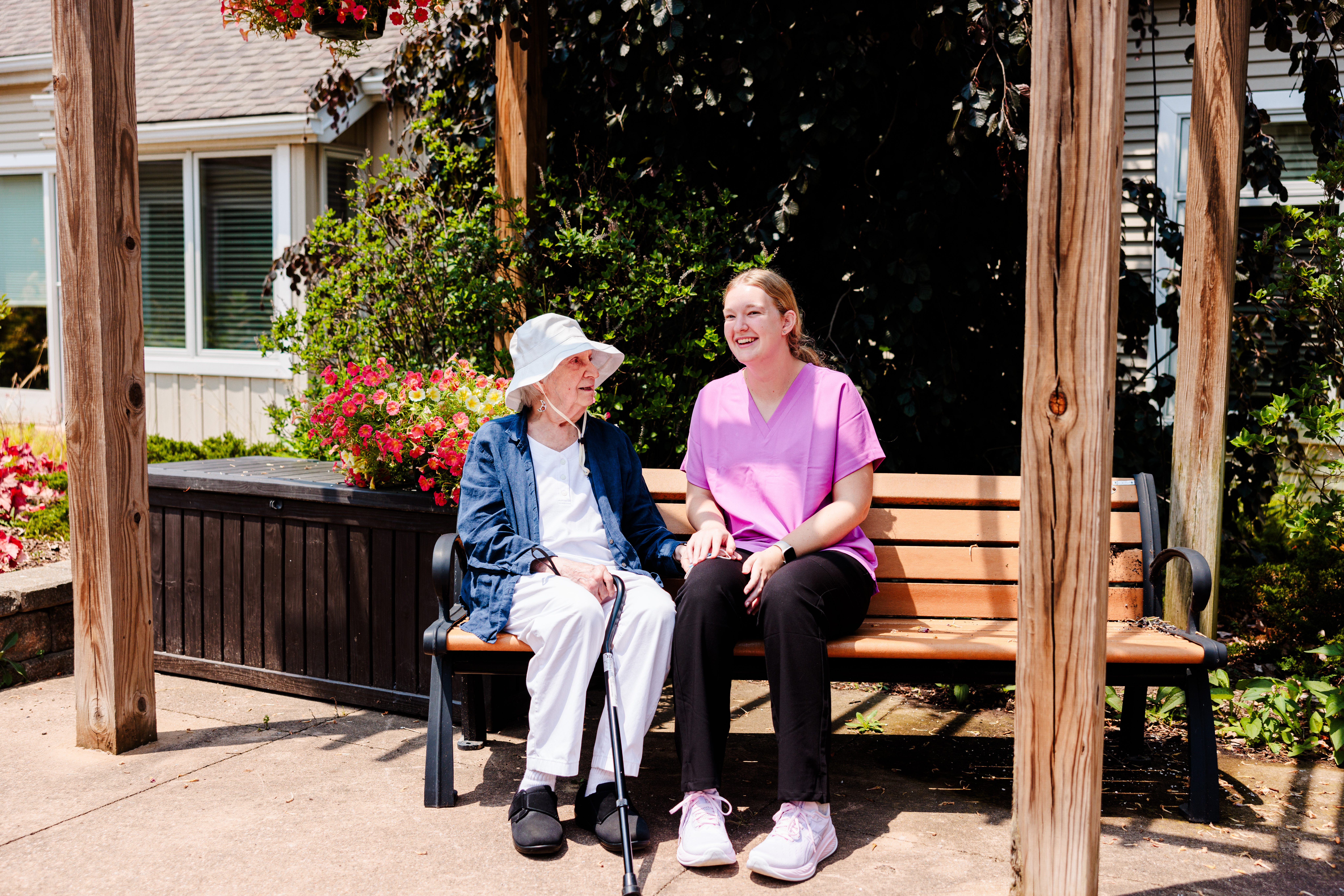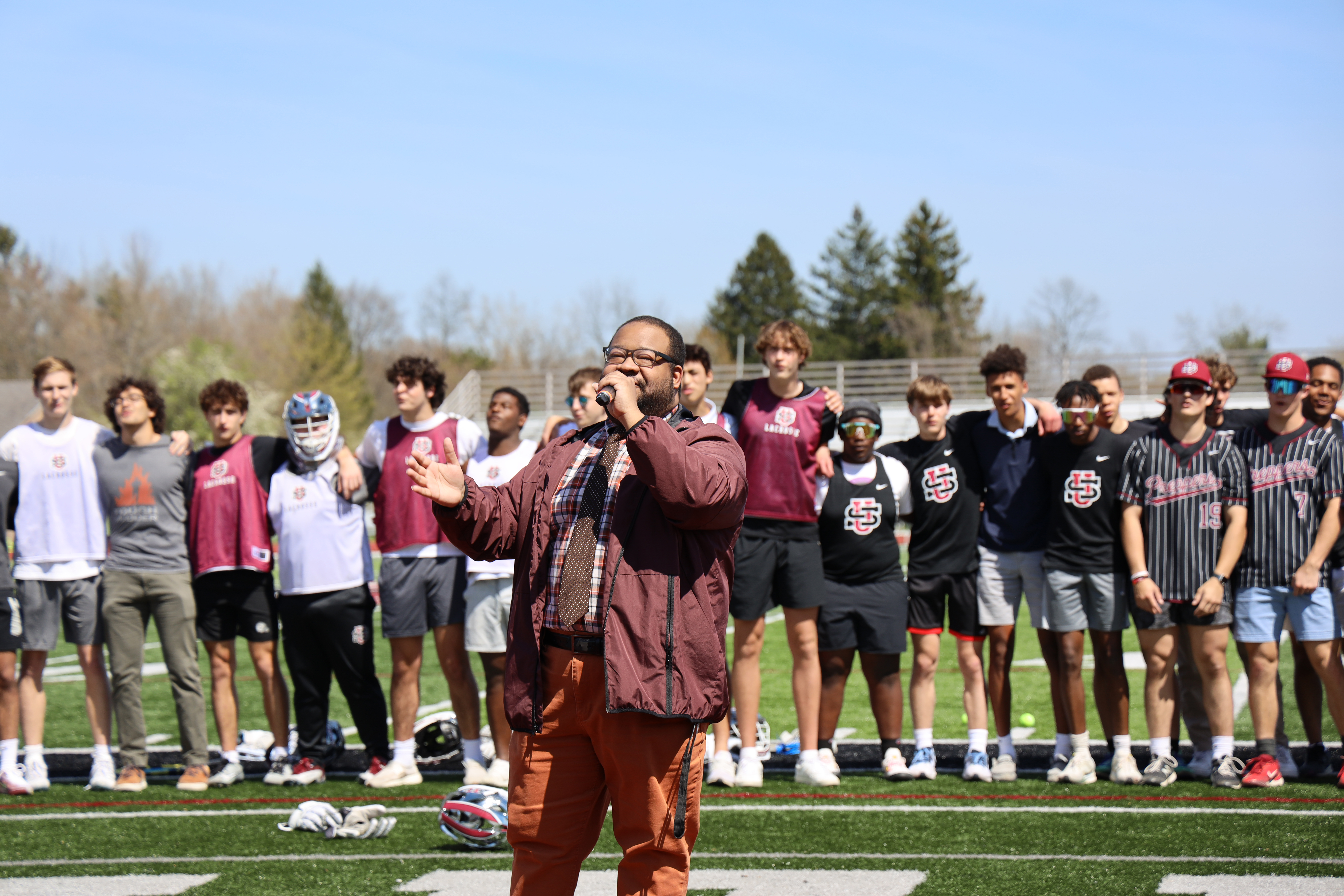Best Doctors 2010: Home Remedy
by Amber Matheson | Feb. 25, 2010 | 5:00 AM
To most of us, doctor house calls have gone the way of milkmen and midwives. But the medical niche is growing again. Dr. Peter DeGolia is leading the charge as one of three doctors behind the University Hospitals House Call Program, which serves an average of 200 geriatric patients annually.
“I like to call this ‘back to the future,’ ” says DeGolia. “It’s going to become more common. It already is more common.”
Between 1998 and 2008, the number of house calls more than doubled nationwide, according to a government report.
The cost of caring for an older adult in a nursing home setting is very expensive, he explains, but these days, almost any test he needs to perform on geriatric patients can be done at home. It equals fewer trips to the hospital for routine tests and exams and a far greater peace of mind for patients, who can become agitated or disoriented when removed from their familiar home environment. During a typical day, DeGolia sees approximately 10 patients in their homes and receives a much clearer picture of their lives, from the way they navigate their homes to how they’re managing their medicines.
Dorothy Wilkins was always very well-dressed when she came to see DeGolia at his office, the doctor remembers. Now that the meetings take place on her home turf, DeGolia sees the 86-year-old in her everyday clothes. His most recent visit was a surprise — she was still in her pajamas. “He caught me off guard,” she says with a chuckle. “I told him I wasn’t going to forgive him.”
It’s likely the only downfall of their current doctor-patient relationship, which consists of monthly house calls. Wilkins began seeing DeGolia after a life-threatening slip out of bed sent her to the hospital for almost a week a few years ago. DeGolia was her attending physician, and he’s been a part of her life ever since.
She spent a couple years slowly making her way from her home in Cleveland Heights to Degolia’s office at Fairhill Center for Aging, riding the RTA and later using an ambulette service. By the time she arrived at his door, she was out of breath and completely exhausted. His suggestion of home visits was such a blessing to Wilkins. “I’ve got about five different things wrong with me,” she says. “Nobody knows really how crucial it is to have him come by and take care of me.”
After the routine doctor stuff is out of the way, DeGolia and Wilkins sit in her home and chat informally about her health and how things are going. “It’s just like talking to a relative,” she says. “I don’t fear talking to him. I don’t fear explaining things to him. He is good.”
Trending
-
1
-
2
-
3
-
4
-
5










